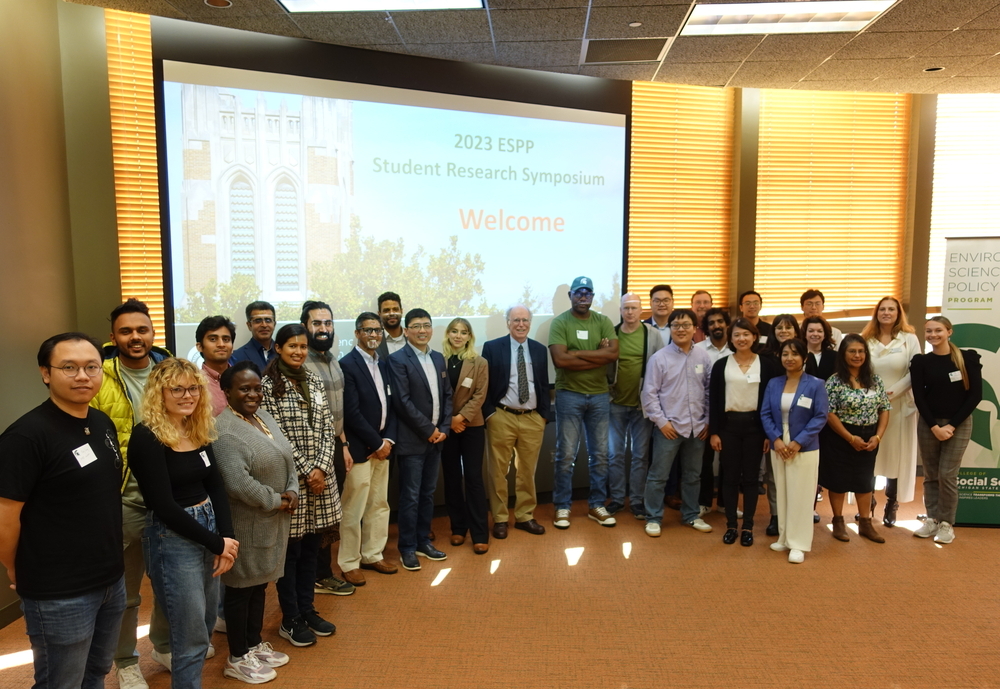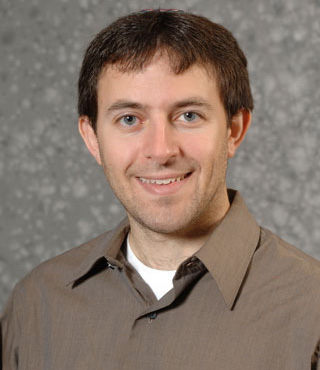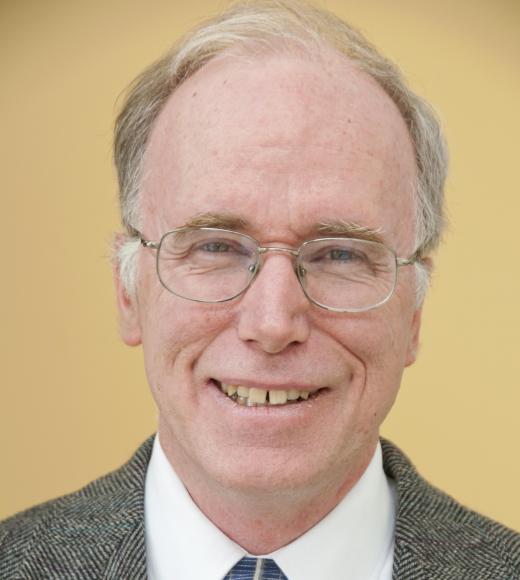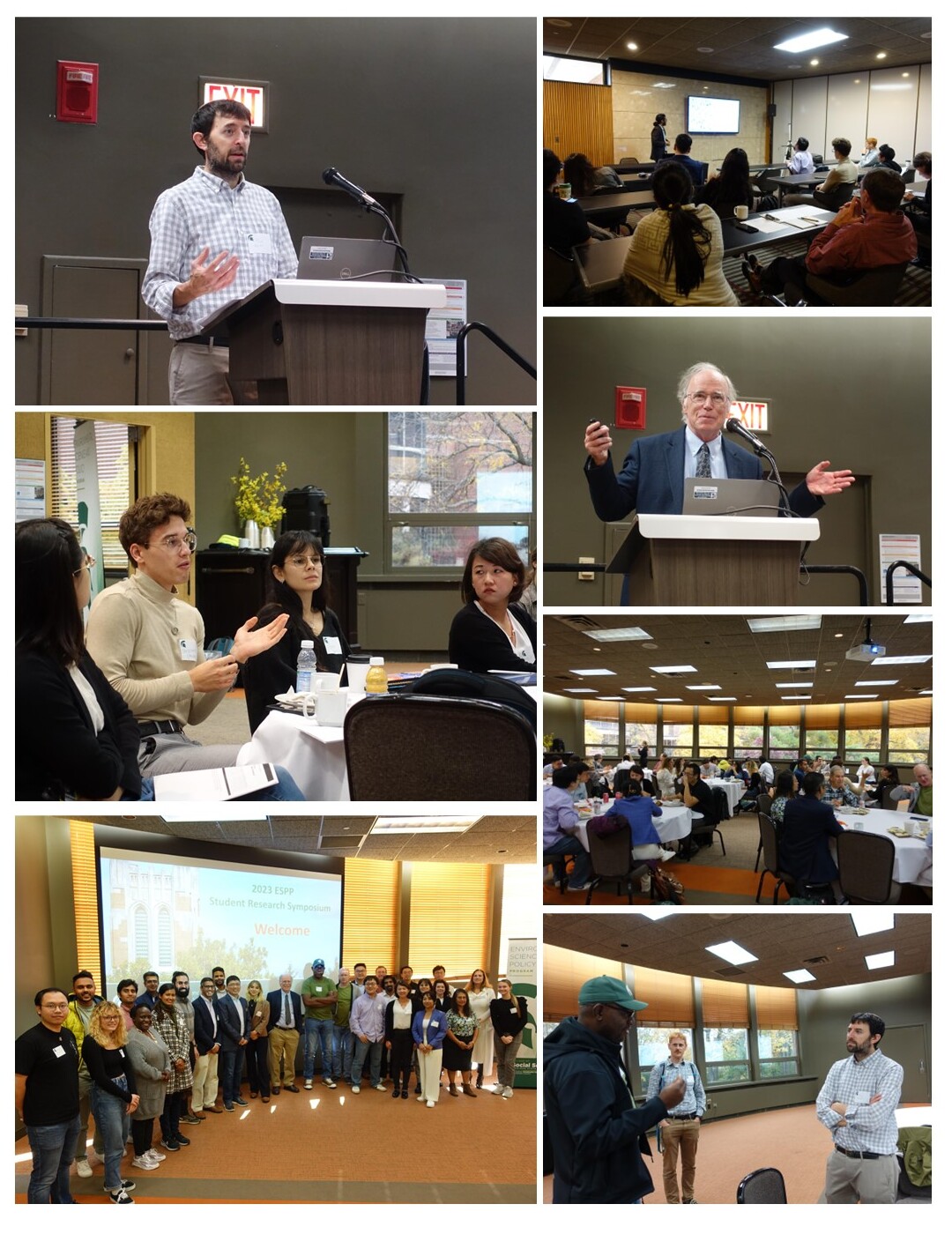ESPP 2023 Fall Student Research Symposium
Fri, October 27, 2023 7:30 AM - Fri, October 27, 2023 1:00 PM at Lincoln Room, Kellogg Hotel and Conference Center

The 2023 Environmental Science and Policy Program’s Fall Student Research Symposium will be held on Friday, October 27, 2023, from 8:30 AM - 2:00 PM in the Lincoln Room at the Kellogg Hotel and Conference Center on the campus of Michigan State University in East Lansing, MI.
Keynote Speakers
We are pleased to have invited Dr. Mark Axelrod from MSU and Dr. Jay Lund from UC Davis as our featured plenary speakers at the research symposium. In particular, Dr. Lund's talk is also part of the ESPP Distinguished Lecture Series and the Civil & Environmental Seminar Series.
Dr. Mark Axelrod
Michigan State University

Mark Axelrod holds a joint appointment in James Madison College and the Department of Fisheries and Wildlife. Mark’s current research centers around institutional change in international environmental law, local implementation of international environmental principles in India, policy impacts of scientific uncertainty, and gendered impacts of marine fisheries policy in India. His most recent work is published in World Development, Marine Policy, and International Environmental Agreements.
Mark is a co-leader of the Michigan Chapter of Scholars Strategy Network, and the campus representative for the Climate Science Legal Defense Fund. Beyond MSU, Mark is active with the International Studies Association Environmental Studies Section and the United Planet Faith & Science Initiative. He also sits on the Editorial Board of Global Environmental Politics journal and the Board of Contributors for the International Environmental Agreements Database.
Title: Reviewing the Literature on Interventions to Address Conflict after Climate-Influenced Migration
Authors: Linlang He, Elizabeth Kreske, Stephanie J. Nawyn, Amber L. Pearson, Mark Axelrod, Yadu Pokhrel, Stephen Gasteyer, Sean Lawrie, and Anthony D. Kendall
Abstract
Existing scholarship and media coverage shows how climate change affects resource availability, leading to forced migration and conflict risks in some host communities. Limited research, however, synthesizes findings about the efficacy of interventions to alleviate conflict over scarce natural resources in those communities.
Our systematic literature review identified and analyzed 33 studies that explore interventions contributing to climate conflict resolution and environmental peacebuilding in receiving and migrant communities. Despite limitations, the review shows that multiscale and cross-sectoral interventions are necessary though challenging to establish. Community-level initiatives and local support networks that create social capital are key interventions leading from conflict to cooperation between climate-driven migrants and host communities. However, such interventions often require external resources that come with strings attached. Our analysis also identifies gaps in the extant literature, and sets the stage for future research needs.
This next stage of research therefore presents hypotheses about: 1) how power relations among stakeholders in newly formed communities influence the evolution of individual and community adaptive capacity to climate and other threat factors; and 2) how and under what conditions external interventions can help climate refugees gain access rights to natural resources for long-term conflict avoidance. We present new approaches to evaluating these interventions, along with an agenda for future research.
Dr. Jay Lund
University of California - Davis 
Dr. Jay Lund is a Distinguished Professor Emeritus of Civil and Environmental Engineering, Geography, Hydrology, and Environmental Policy and Management at the University of California – Davis. He has long enjoyed teaching, research, and engagement on many aspects of theory and practice for water and environmental management, usually trying to integrating economics and operations research with traditional engineering.
He has a B.A. in International Relations and Regional Planning from the University of Delaware (1979) and a BS in Civil Engineering, MA in Geography, and PhD in Civil Engineering from the University of Washington (Seattle). He has advised over 150 graduate students and has over 400 publications and reports.
Title: Challenges and directions for water policy and engineering for the coming decades
Abstract
We live in challenging times and will have a challenging future. This is especially true for water and environmental policy and management. As if climate change were not enough, there are also major changes in technology (“artificial” intelligence, water treatment for wastewater reuse and even direct potable reuse, water quality and biological sensors, water use efficiency, computer modeling, etc.), economic structure (more growth in sectors that use less water), demography, and political trends. These changes altogether pose both challenges and opportunities for water and environmental management.
This talk will review these many challenges, and some opportunities that arise from them. Some promising approaches for addressing these challenges are briefly discussed, as well as implications for how universities organize education and research for water and environmental engineering, policy, and management. Some examples will be presented of water and environmental systems that have been more (and less) successful at adapting to changes.
Event Schedule
| 8:30 - 9:00 AM | Registration & Continental Breakfast |
| 8:45 - 9:00 AM |
Welcoming Remarks Dr. Joe Hamm, Graduate Program Director, ESPP |
| 9:00 - 10:00 AM |
Invited Plenary Talk: Dr. Mark Axelrod Title: Reviewing the Literature on Interventions to Address Conflict after Climate-Influenced Migration |
| 10:00 - 10:15 AM | Break |
| 10:15 - 11:55 AM | Student presentation sessions |
| 12:00 - 1:30 PM |
Lunch & Invited Plenary Talk: Dr. Jay Lund Title: Challenges and Directions for Water Policy and Engineering for the Coming Decades |
| 1:30 - 2:00 PM |
Closing Remarks Dr. Lifeng Luo, Director, ESPP |
Click or scan the QR code to download the Full Program in PDF.

Our Sponsors
The student research symposium is generously supported by:
- College of Social Science
- College of Agriculture & Natural Resources
- College of Natural Science
- The Graduate School
Organizing Committee
- Graham Diedrich
- Emily Milton
- Abhnav Kapoor
- Marcela Tabaresruiz
- Leigh Anne Tiffany
- Dr. Joe Hamm (Faculty Advisor)


